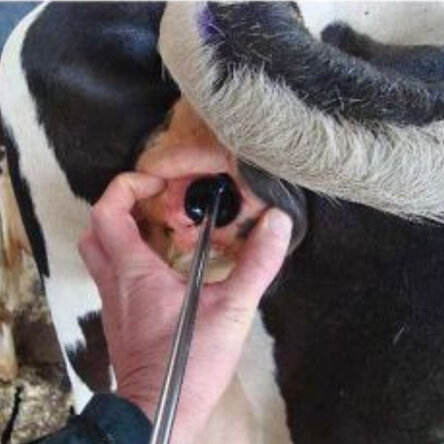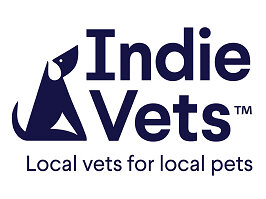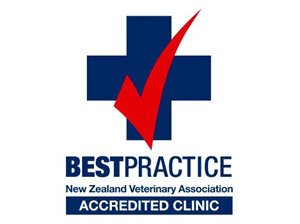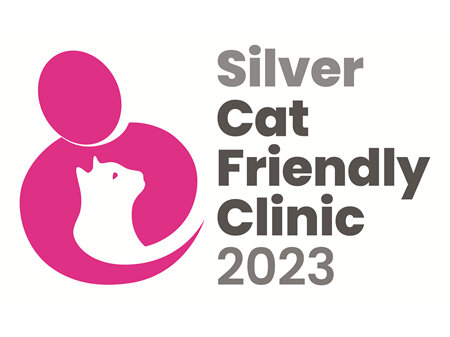Franklin Vets
Franklin Vets - excellence in veterinary care for dairy, farming, lifestyle, equine and household pets. BESTPRACTICE ACCREDITED NZ.
Your account is powered by Storbie. To edit your profile visit my.storbie.com
Your account is powered by Storbie. To edit your profile visit my.storbie.com

To treat these unidentifiable cows, we must first know who they are. Metrichecking is a quick and easy method of detection that allows the identification and treatment of endometritis well before the planned start of mating.
We recommend all cows get tested because affected animals can appear clinically healthy and can even be cycling but will be unable to conceive until the infection has resolved.
Research has shown that by just checking your ‘at-risk cows’ (twin calvings, assisted calvings, retained fetal membranes, down cows, sick cows) you may be missing 20% of the affected animals, meaning they will conceive later or not at all.
Timing is important. In the past, we have checked herds once, late in the season. We thought that animals self-cured given time. Recent research has shown these "self-cures" have reduced chances of getting in-calf. So rather than truly self-curing they become harder to be detected with a metrichecker. For cows where infection lingers for months causing chronic inflammation and damage, there is potential the infection will also be more difficult to cure.
We recommend checking cows in batches between 8- 18 days post-calving so we can catch infected cows early and treat them well before the planned start of mating.
Most herds should have over 60% of their animals calved by week 3, with close to 90% calved at 6 weeks. If we were to only do one check a month out from the start of mating (week 9 of calving), we would be jeopardising the reproductive chances of 60-70% of the herd and only checking 20-30% of the herd in the best window to detect and treat them.
Return on investment for whole herd metrichecking breaks even where only 2% of the herd is infected and there is a 4 to 1 return for checking and treating early, mostly from cows getting in calf earlier.
Give us a call if you would like more information or to book your herd metrichecking in this autumn.
Dr Jenetta Forsyth BVSc Farm Vet, Te Kauwhata
Franklin Vets - excellence in veterinary care for dairy, farming, lifestyle, equine and household pets. BESTPRACTICE ACCREDITED NZ.



